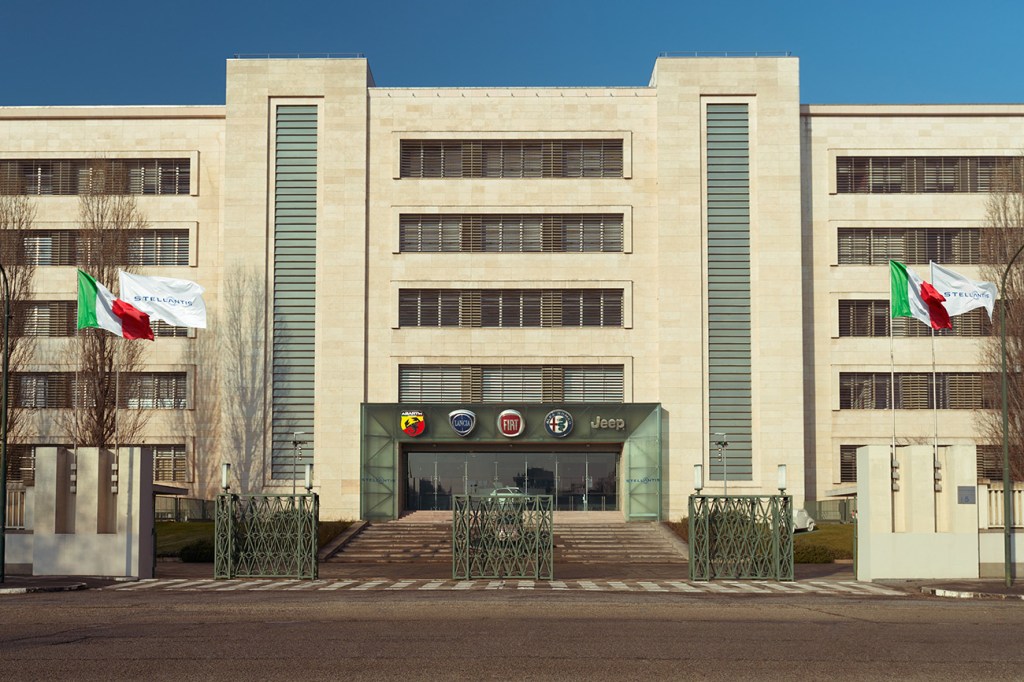
Renault Reducing Production Because Of Chip Shortage
As much as various industries wish it would go away, the global chip shortage continues to ravage supply chains. In the automotive industry, several brands have had to temporarily halt the production of new cars due to a lack of the crucial semiconductor chips needed to create necessary components. Massive French automaker Renault is now facing some tough choices due to the situation.
Renault considering further cuts to production due to the global chip shortage

According to three sources that spoke to Reuters, Renault is tracking to produce 300,000 fewer cars this year due to the ongoing global chip shortage. A reduction of 300,000 vehicles produced is a bigger decline than what was previously expected.
Renault is expected to announce its third-quarter sales soon, and news of the increased hit to its production may mean a significant stock drop. In September, the automaker forecasted that it would lose production of 220,000 cars, which is over a third less than the actual number if Reuter’s sources are correct.
“The forecasts change all the time, but the shortfall will be between 300,000 and 400,00 vehicles,” stated one of Reuter’s sources. Those figures are close to 8% of the vehicles Renault produced in 2019 before the global pandemic.
The other sources believe that the production target may be cut by as many as 350,000 to 380,000 cars.
If the chip shortage continues, it can significantly hinder Renault’s plans to ramp up its EV production. By 2030 the automaker wants 90% of its sales to be from electric vehicles. However, semiconductor chips are critical to building EVs, so if Renault wants any hope of reaching that goal, the semiconductor shortage needs to end as soon as possible.
Other automakers are already planning for the next semiconductor shortage

No one anticipated the coronavirus (COVID-19) pandemic and its impact on various industries, including the global chip shortage. However, now that the automotive industry is currently dealing with it, some brands are already planning how to handle the situation better should there be another shortage in the future.
Tesla not only endured the semiconductor shortage; it actually broke a Q3 sales record. One of the key factors to Tesla’s success is its ability to move quickly and make changes on the fly. Once Tesla CEO Elon Musk realized a semiconductor shortage was coming, he had Tesla switch suppliers and reprogrammed the software in its vehicles to work with readily available components.
Hyundai also managed to see the chip shortage coming and is rumored to have bought a surplus of components before the semiconductor shortage reached its climax. It plans to avoid a future shortage by eventually producing its own chips to be less reliant on third-party suppliers.
The shortage may do more damage to the auto industry than COVID

While the global pandemic was the catalyst for the semiconductor shortage, the shortage itself is what might have the longest-lasting effect. A representative for the FIM-CISL union already stated as much.
“The semiconductor hurricane is causing production stoppages that are weighing more than the lockdown in 2020,” said the rep.
Stellantis brand Maserati recently announced that it had to push back the debut of its highly anticipated Grecale SUV due to the global chip shortage. The Italian automaker has teased their new SUV for months but eventually, the reality set in that it may not be able to meet the demand from customers.
“In particular, due to a scarcity of semiconductors, production volumes would not adequately meet expected global demand,” Said Maserati in a statement.
Could Renault find itself in a similar situation as Stellantis? That remains to be seen.


